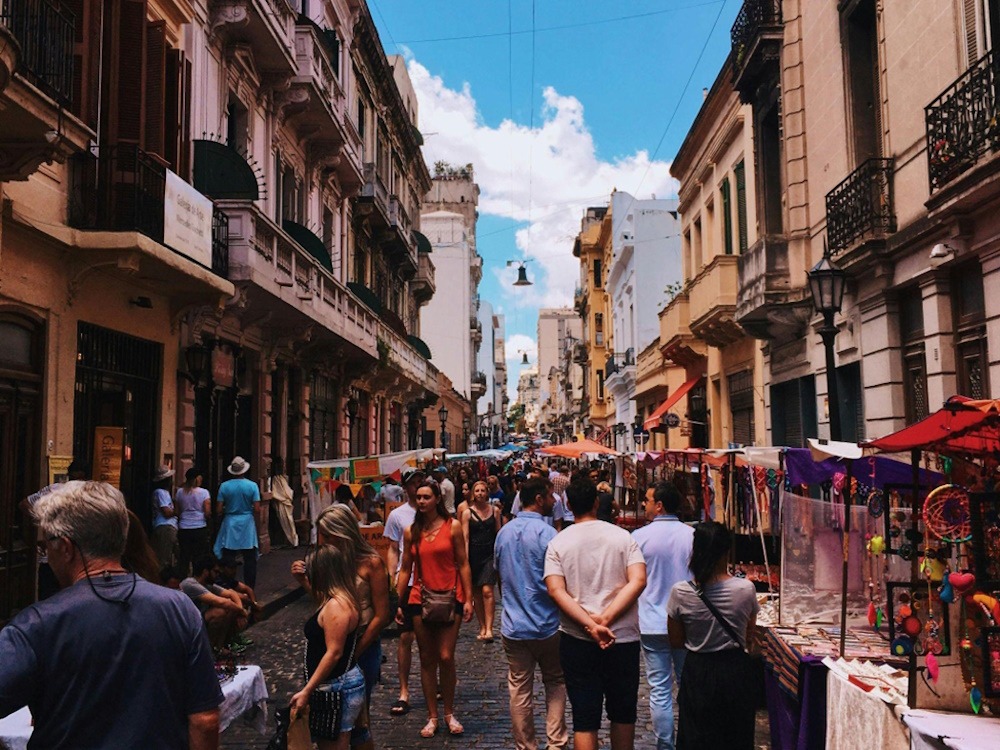Hedge funds that placed significant bets on Argentina in recent months achieved substantial gains in October, following a US rescue package and a decisive victory for President Javier Milei’s party in the midterm elections, which ignited a rally in the country’s financial markets. Two funds managed by Redwood Capital Management recorded a total profit of approximately US$129 million from their investments in Argentina last month, as reported by an informed source. Shiprock Capital Management experienced a 6.4 percent increase in October, marking its second-best month on record, . The increases were primarily propelled by holdings in Argentine sovereign and sub-sovereign debt, alongside corporate entities. Fund managers with a focus on emerging markets, such as VR Capital Group and Broad Reach Investment Management, reportedly achieved significant returns from trades in Argentina, according to sources. The Latin American nation, home to 46 million inhabitants, has emerged as a favored – albeit unpredictable – market for hedge firms wagering that Milei, who ascended to power two years ago with promises to curtail government expenditure and liberalize markets for foreign investment, would catalyze a surge in asset valuations.
In September, markets experienced turbulence following a significant setback for the libertarian leader’s party in the Buenos Aires Province, which jeopardized his political stability. In early October, US Treasury Secretary Scott Bessent intervened amid a pronounced sell-off, announcing a comprehensive rescue package that encompassed a US$20-billion currency-swap agreement. The congressional midterms yielded a robust performance for Milei’s party, resulting in a surge in stocks and bonds, which contributed to stabilizing the peso. “The essence of our argument regarding Argentina centers on the expected US aid package, which we contend will deliver essential backing to the nation’s economic prospects,” Shiprock noted. Representatives for Redwood, Shiprock, and VR Capital refrained from providing commentary regarding their holdings or performance in Argentina. Redwood, managing assets totaling US$10.6 billion, achieved a return of 1.98 percentage points in its master fund and 3.14 percentage points in its drawdown fund from investments in Argentina last month, according to a source.
VR Capital’s Global Fund, managing approximately US$8 billion, achieved a gain of 6.8 percent in October, while Broad Reach Investment Management’s main fund, with around US$1.5 billion under management, recorded a 4.3 percent increase, as reported by various sources. Approximately two-thirds of Broad Reach’s profits were attributed to investments in Argentina. Vista Capital, a Brazilian hedge fund, experienced a notable increase of 9.9 percent in one of its primary funds, measured in local-currency terms, last month, as reported by an informed source. The fund’s core holdings include significant exposure to Argentina, primarily through US depositary receipts, according to the individual. The company refrained from providing any commentary. Sophia Drossos referred to the US rescue package as “unprecedented.” Alongside the US$20-billion currency-swap agreement, the arrangement encompassed approximately US$1 billion in peso acquisitions and a pledge to facilitate the procurement of an extra US$20 billion in funding from private banking institutions. The pledged support encompasses all of Argentina’s external financing needs for the upcoming two years, as stated by Bradley Wickens, chief executive officer of Broad Reach, indicating that Argentina is “relatively riskless for the next two years.” The losses experienced by Milei’s opposition in the midterms, particularly the left-wing Peronists who have governed the country for the majority of the last two decades, suggest that his economic reform agenda may persist in the upcoming year, Wickens noted.
“Peronists disintegrated in this election,” he remarked during a phone conversation. “The electorate decided very clearly that they don’t want to go back to Kirchner-era socialism,” he stated, alluding to the left-leaning populist administrations of Néstor Kirchner and Cristina Fernández de Kirchner, whose interventionist policies prevailed in Argentina from 2003 to 2015. “That holds significant implications for the 2027 elections. It significantly enhances the probability of sustaining this policy mix.” In the wake of the Trump administration’s intervention and ahead of the upcoming congressional elections, Argentina occupied the leading position in Broad Reach’s fund, with 90 percent of the portfolio allocated to dollar-denominated bonds and 10 percent to hydrocarbon-related equity, according to the reports. The hedge fund is wagering that the latter will emerge as the recipient of foreign direct investment. Nonetheless, the commitments made by the US lack binding authority.
The swap line and other components of the rescue package are subject to Washington’s judgment, and may be retracted or diminished should Milei’s administration falter in its reform efforts or if market sentiment towards Argentina’s currency policy deteriorates once more. Furthermore, the crisis-prone nation is obligated to repay approximately US$9 billion to international bondholders in 2026, while also contending with substantial principal and interest obligations over the ensuing three years. Argentina has experienced multiple defaults on its financial obligations in recent decades and currently owes the International Monetary Fund approximately US$55 billion due to repeated bailouts. Some remaining long positioning, however, suggests that there may be bullish factors yet to materialize, according to Jorge Suárez. Vista Capital indicated that its investments in Argentina are expected to continue their upward trajectory, pointing to renewed fiscal discipline, international backing, and low valuations coupled with elevated yields as ‘significant’ catalysts for potential gains. “The US provided a lot of breathing room for Argentina,” stated Drossos of Point72. “However, the government must still fulfill its policy commitments – and the underlying fundamentals will be significant.”

